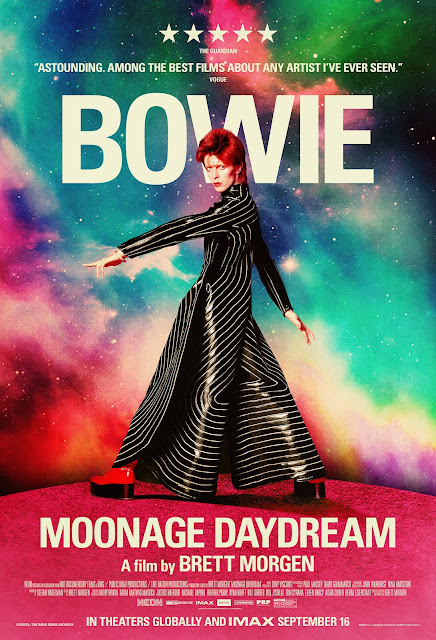☆ ☆ ☆ ☆ ½
Drive My Car (2021) – R. Hamaguchi
Winner of the 2022
Best International Feature Film at the Academy Awards as well as Best
Screenplay at Cannes. It was adapted
from a story by Haruki Murakami (who I like but I haven’t read this 2014 story).
Director Ryusuke Hamaguchi co-wrote the screenplay and this is his breakthrough
film and the first of his I have seen. I
hesitated because it is 3 hours long. However, unlike some other long films,
this was worth it – it takes time for the mood and meaning to sink in and for
the characters to develop. The first 40 minutes or so, before the credits (!),
show us the life of theatre director Yûsuke Kafuku (played with maximum reserve
by Hidetoshi Nishijima) with his wife Oto (Reika Kirishima) before the main
events of the movie two years later. These first 40 minutes lock in place the
emotional trajectories that continue to affect the people in the story and the
pay-off that director Hamaguchi secures. Later, when Kafuku is appointed to a
two-month residency in Hiroshima to stage Chekov’s Uncle Vanya, he is provided
with a driver (who takes over his beautiful red Saab), Misaki Watari (played with
equal reserve by Tôko Miura). We are treated, in relatively equal doses, to
rehearsals of the play, which takes an unusual multi-lingual approach
(highlighting the “communication effort” theme), and to the drives back and
forth from the island hotel where Kafuku stays and the theatre. Relationships
develop and there is a strong focus on grief, identity, betrayal. The
cinematography by Hidetoshi Shinomiya is stunning, especially in the POV
driving scenes and the music by Eiko Ishibashi assists with the emotional
journey. There are ellipses in the plot and Hamaguchi occasionally chooses not
to show us everything in a scene or holds back until the right moment. This
creates suspense, but the viewer is rewarded by gradual reveals and there is a
sense of an intellectual puzzle slowly fitting together. Chekov’s play is a major
piece of the puzzle, with the dialogue of the play juxtaposing against the
events of the film and reinforcing our perception of the characters and their
internal states (often unspoken). Those who know the play may find different insights
here. But those who do not are also in for a rich, meditative, and rewarding
experience.




